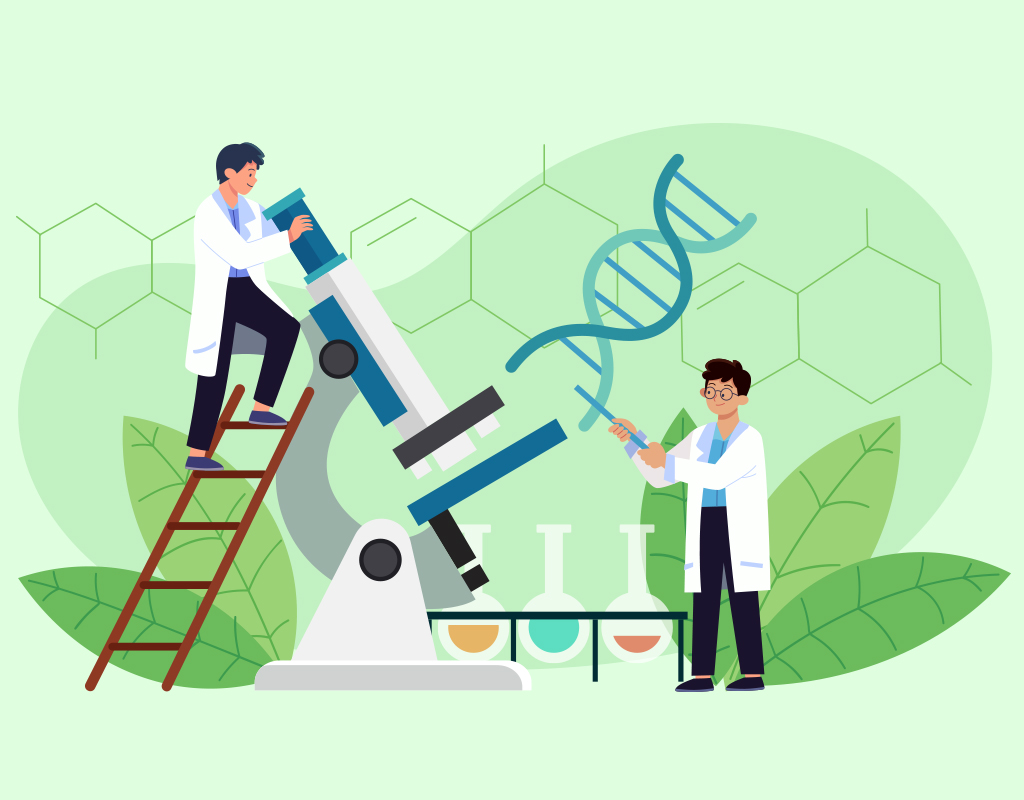The Promise and Perils of Gene Editing Technologies
Gene editing technologies, such as CRISPR-Cas9, hold immense promise in revolutionising medical research, agriculture, and other fields. These technologies enable scientists to modify DNA with unprecedented precision, offering potential solutions to genetic diseases, improving crop yields, and advancing our understanding of biology. However, with such great promise comes the need to address the ethical, social, and safety concerns associated with gene editing. If you want to [publish your thesis on this topic, here is an article that explores the promise and perils of gene editing technologies.
Promise of Gene Editing Technologies:
- Disease Treatment and Prevention: Gene editing holds the potential to treat genetic diseases by correcting or removing faulty genes responsible for various conditions. This technology offers hope for individuals suffering from debilitating genetic disorders like cystic fibrosis, sickle cell anaemia, and muscular dystrophy.
- Personalised Medicine: Gene editing allows for personalised medicine, tailoring treatments based on an individual’s genetic makeup. This could lead to more effective and targeted therapies, reducing side effects and improving patient outcomes.
- Agricultural Advancements: Gene editing can enhance crop yields, improve disease resistance, and increase nutrient content in food. By developing genetically modified crops, we can address food scarcity and create sustainable agriculture practices.
- Conservation and Restoration: Gene editing technologies can help preserve endangered species by reintroducing healthy genes into dwindling populations, aiding conservation efforts and restoring ecological balance.
- Basic Research and Understanding: Gene editing allows scientists to study the function of specific genes and their roles in various biological processes. This deeper understanding can lead to breakthroughs in medicine, developmental biology, and other scientific disciplines.
Perils of Gene Editing Technologies:
- Off-Target Effects: Despite their precision, gene editing technologies can sometimes cause unintended changes in the genome, known as off-target effects. These unintended alterations may lead to unexpected consequences, including new genetic disorders.
- Germline Editing Controversy: The ability to edit germline cells (eggs, sperm, embryos) raises significant ethical concerns. Altering these cells can result in heritable changes passed down to future generations, sparking debates about “designer babies” and eugenics.
- Ethical Dilemmas: Gene editing technologies pose challenging ethical questions, such as deciding whether to use these technologies for enhancement purposes or only for medical treatment. The potential for misuse or unethical practices raises concerns about the appropriate boundaries of genetic modification.
- Inequality and Access: If gene editing technologies become widely available, there may be concerns about unequal access, where only the wealthy can afford these treatments, exacerbating existing socio-economic disparities.
- Unintended Consequences: Modifying genes can have unforeseen effects on ecosystems, potentially disrupting natural balances and causing unintended environmental consequences.
Gene editing technologies undoubtedly hold immense promise in transforming various aspects of human life, from medicine to agriculture and beyond. The ability to edit genes with precision offers hope for treating genetic diseases, improving food production, and advancing scientific understanding. However, with these potential benefits come significant perils and challenges. Ethical considerations, safety concerns, and equitable access are critical aspects that need to be addressed as we navigate the future of gene editing technologies. Striking a balance between scientific progress and responsible use of these technologies is essential to harness their potential for the greater good while safeguarding against potential risks. It requires a careful and thoughtful approach involving scientists, policymakers, ethicists, and society as a whole to ensure that gene editing is used responsibly and ethically to benefit humanity and the environment

